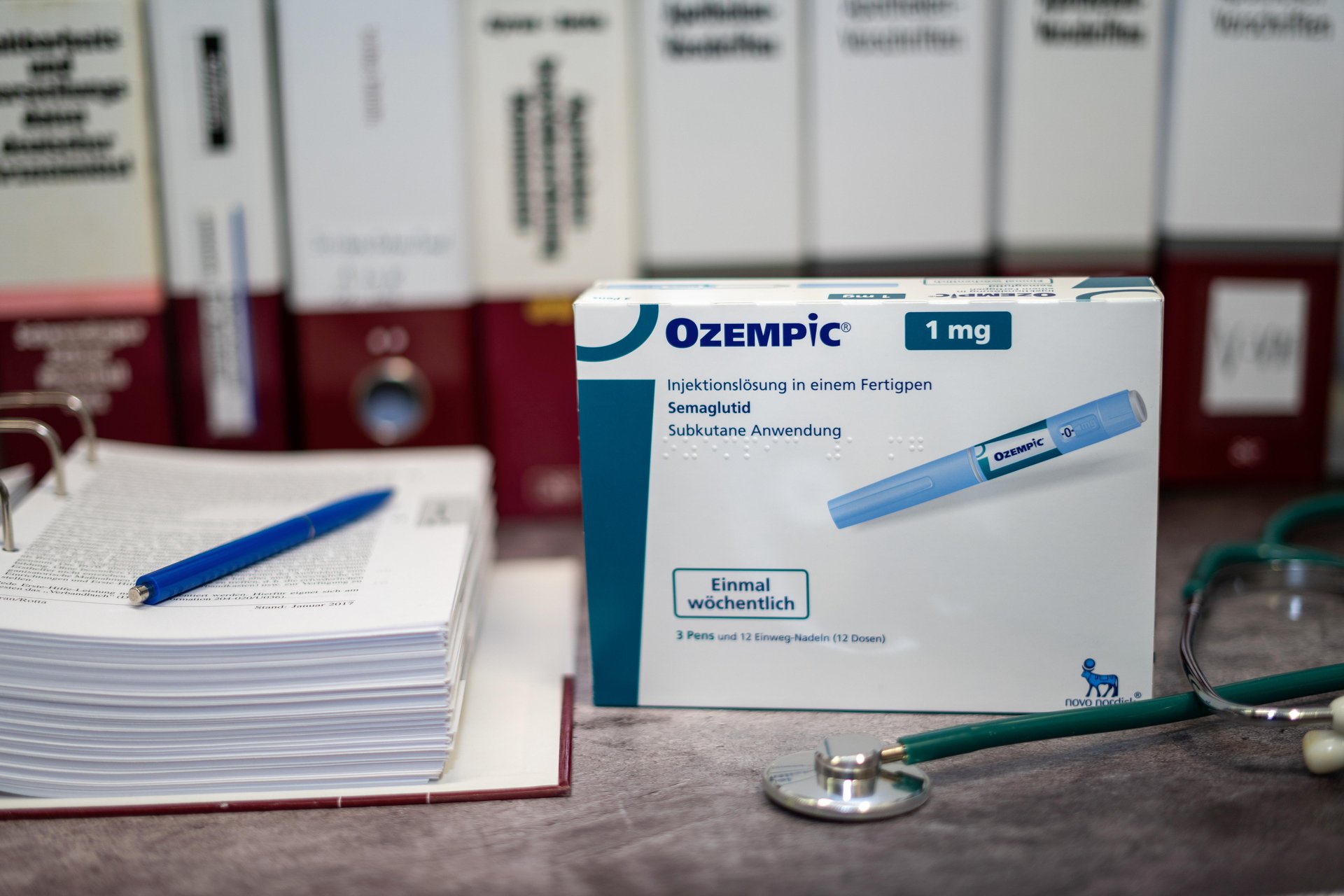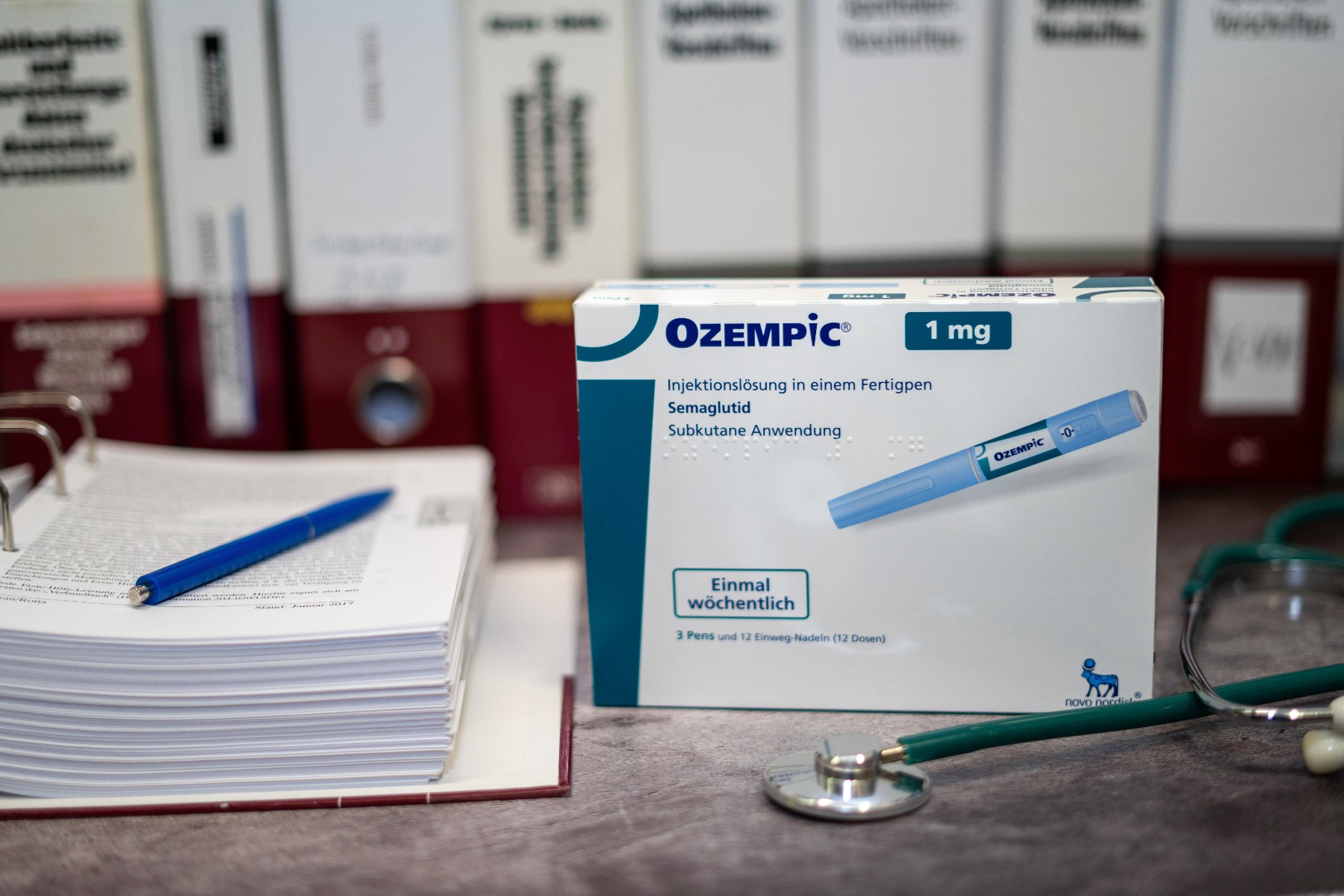
Ozempic provides a wide variety of health benefits for people with kidney disease and type 2 diabetes, a major clinical trial has found. The drug significantly reduces the risk of severe kidney events, heart problems and death from any cause in patients who have both conditions, researchers found. “These benefits signify a profound clinical impact… read on > read on >


















